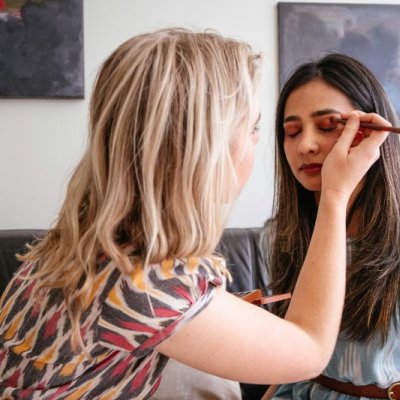Traducción
■■■■■■■■■■■■■■■■■■■■■■■■■■■■■■■■■■■■■■■■
Palabra por palabra
Ejemplos
If you have a toothache, you can go to a dentist. | Si tienes un dolor de dientes, puedes ir a un dentista. |
Call your dentist if you have a toothache. | Llame al odontólogo si tiene undolor de muela. |
What do you do when you have a toothache? | ¿Qué haces con el dolor de muelas? |
Don't you have a toothache? | ¿No tienes dolor de muelas? |
When you have a toothache, you feel as if there were an earthquake in your head. | Cuando usted tiene un dolor de diente, usted se siente como si hubiera un terremoto en su cabeza. |
If you have a toothache, gently clean the painful area using a soft-bristle toothbrush and floss. | Si tiene dolor de muelas, limpie con cuidado el área afectada con un cepillo de dientes de cerdas suaves e hilo dental. |
You have physical pain; you have a toothache and you do something to stop it, but it recurs. | Usted sufre un dolor, por ejemplo, un dolor de muelas y trata de hacer algo para detenerlo, pero ese dolor persiste. |
If you have a toothache or jaw pain–or even sharp feelings of stabbing pain, nausea or fatigue, according to Mayo Clinic–it's a good idea to see your doctor. | Si tienes un dolor de dientes o dolor en la mandíbula, o incluso si experimentas sensaciones de dolor punzante, náusea o fatiga, según la Mayo Clinic, es recomendable que consultes a tu médico. |
If you have a toothache that has lasted for several days now, you'd best go to the dentist. | Si tienes un dolor de muelas que dura ya varios días, lo mejor es que vayas al dentista. |
You have a toothache. | Tienes dolor de muelas. |
Palabra al azar
¡Tirar los dados y aprender una palabra nueva ahora!
¿Quieres aprender inglés?
¡Aprende inglés gratis!












